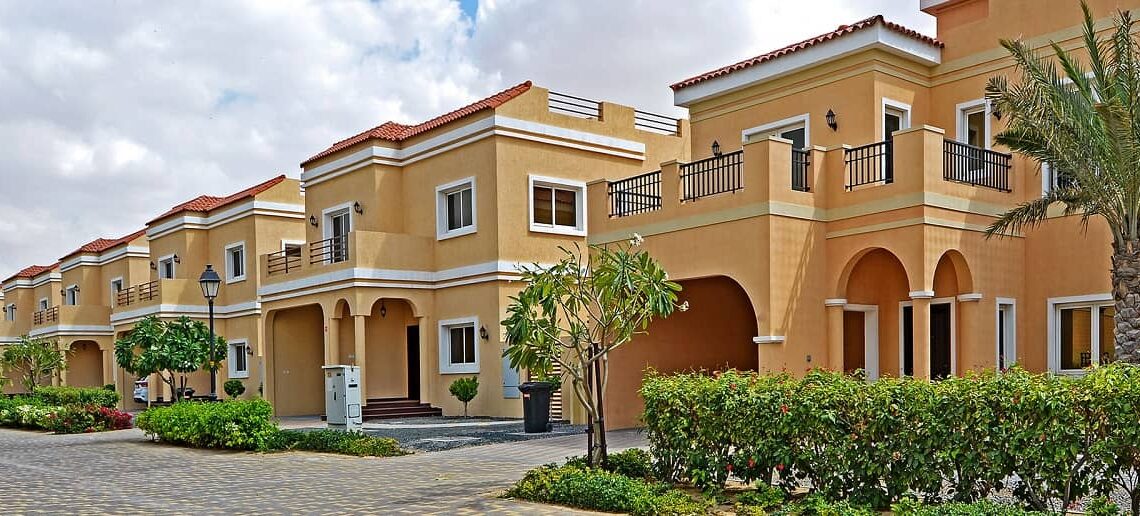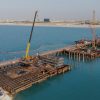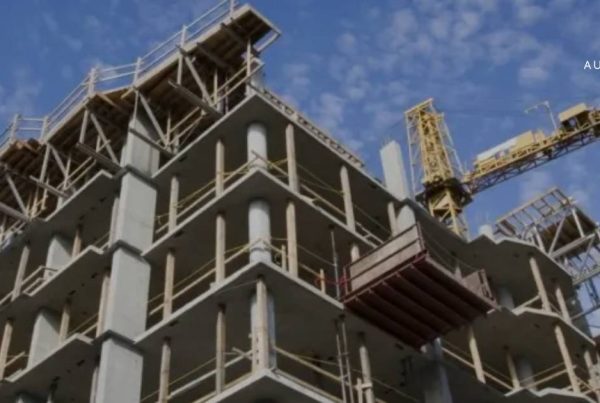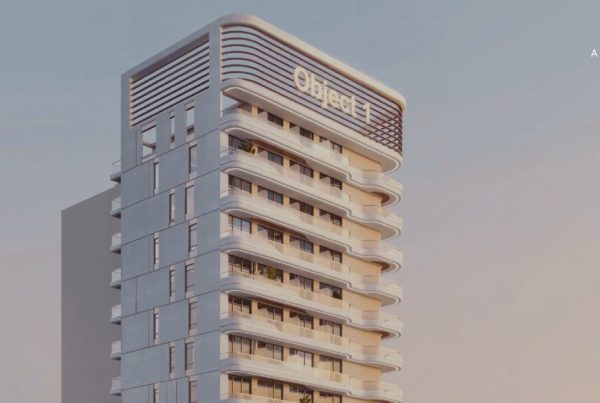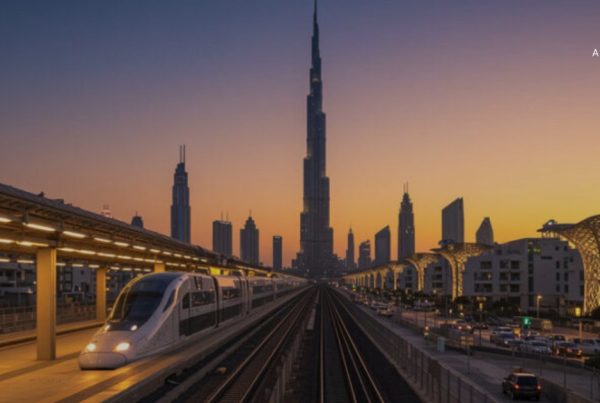Dubai Real Estate Hits Record Property Sales in Q2 2025
Dubai’s real estate market continued its stellar trajectory in Q2 2025, breaking records with nearly 37,000 off-plan transactions and a strong showing across ready homes, office, and logistics segments. According to ValuStrat’s Q2 report, the average value of these transactions exceeded AED 3.1 million per unit, indicating sustained investor confidence despite a gradual moderation in price growth.
The surge in sales was primarily driven by exceptional activity in April and May. In parallel, 13,700 title deed transactions were recorded in the ready homes market, averaging AED 2.7 million per unit, up 10.4% from the previous quarter. This unprecedented activity highlights how government initiatives, strong end-user interest, and off-plan incentives continue to boost Dubai’s property sector.
Steady Capital Appreciation Across Segments
Despite a slight slowdown in capital appreciation rates compared to 2024, property values remain significantly above pre-pandemic levels. The ValuStrat Price Index (VPI) noted:
- Apartment prices rose by 19.1% year-on-year (compared to 23.4% in 2024)
- Villa prices increased by 28.7% annually (versus 33.4% in 2024)
The VPI now sits at 188 points for apartments and 220 points for villas — more than double the Q1 2021 baseline. Communities such as Dubai Marina, Palm Jumeirah, and Downtown Dubai remain top-performing areas.
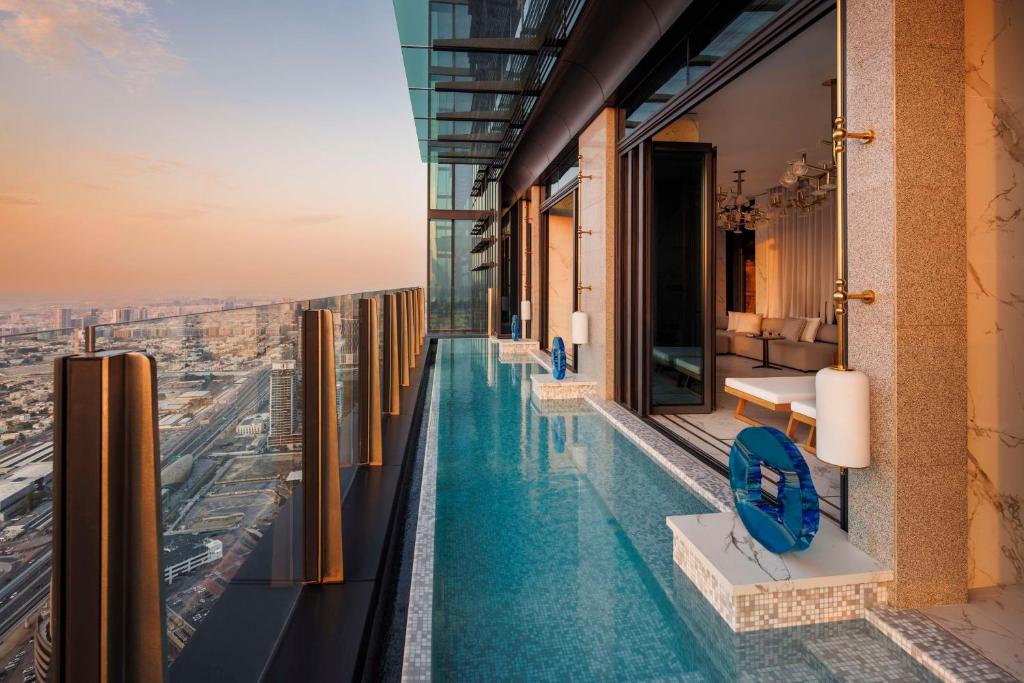 Rental Market and Office Space Trends
Rental Market and Office Space Trends
Rentals are showing signs of stabilization. Apartment asking rents rose by 1.2% quarter-on-quarter and 7.2% year-on-year, with an average annual rent of AED 95,500. Villas maintained stability but still posted a 4.8% annual increase, with average rents around AED 428,000.
Meanwhile, the office market in Dubai saw a remarkable 4.9% rise in capital values quarter-on-quarter, and 23.7% year-on-year. Driven by tech, finance, and banking sectors, the commercial segment benefits from near-full occupancy in prime districts such as Business Bay and Dubai Internet City.
Off-Plan Surge and Government Initiatives
The off-plan boom is partly fueled by the Dubai First-Time Home Buyer Programme, offering flexible payment plans and preferential pricing for residents. CBRE reported a 23% year-on-year surge in residential transactions in H1 2025, with the total residential sales volume reaching AED 270 billion.
For those looking to enter the market, prime investment locations include Jumeirah Village Circle (JVC), Emaar South, and Dubai Hills Estate.
Supply, Demand & Upcoming Projects
While 17,500 new homes were completed in H1 2025 and another 66,596 are scheduled for delivery this year, demand continues to outpace supply. “The high transaction activity reflects confidence, though future supply may affect pricing in H2 2025,” said Haider Tuaima, head of real estate research at ValuStrat.
Economic Resilience Driving Growth
The UAE’s macroeconomic environment is equally promising. With GDP expected to grow 5.1% in 2025, supported by non-oil sector expansion, tourism resilience, and returning oil production, investor confidence is reaching new heights.
International tourism rose 7% year-on-year between January and May 2025, boosting segments like hospitality and retail. High-profile events and business conferences also helped maintain Dubai’s appeal as a global destination for real estate investment.
Industrial, Logistics, and Abu Dhabi Update
Beyond residential, Dubai’s industrial and logistics sector is witnessing impressive growth. ValuStrat recorded a 16.2% annual capital gain for logistics warehouses, with high occupancy and sustained demand. CBRE highlighted increasing investor focus on Grade A industrial assets.
Abu Dhabi mirrors this momentum. Apartment values rose by 18% year-on-year, and villa prices by 14%. Office demand is climbing steadily, with a growing presence of international corporates in the capital.
Conclusion: Market Set for Sustainable Growth
Despite signs of moderation, Dubai’s property market remains robust and on track for continued expansion. Strategic policies, foreign investment incentives, and evolving buyer demographics point toward a more mature and balanced growth cycle in H2 2025 and beyond.
Looking to make your move? Explore Dubai’s top-performing communities and investment opportunities with Aurantius.

